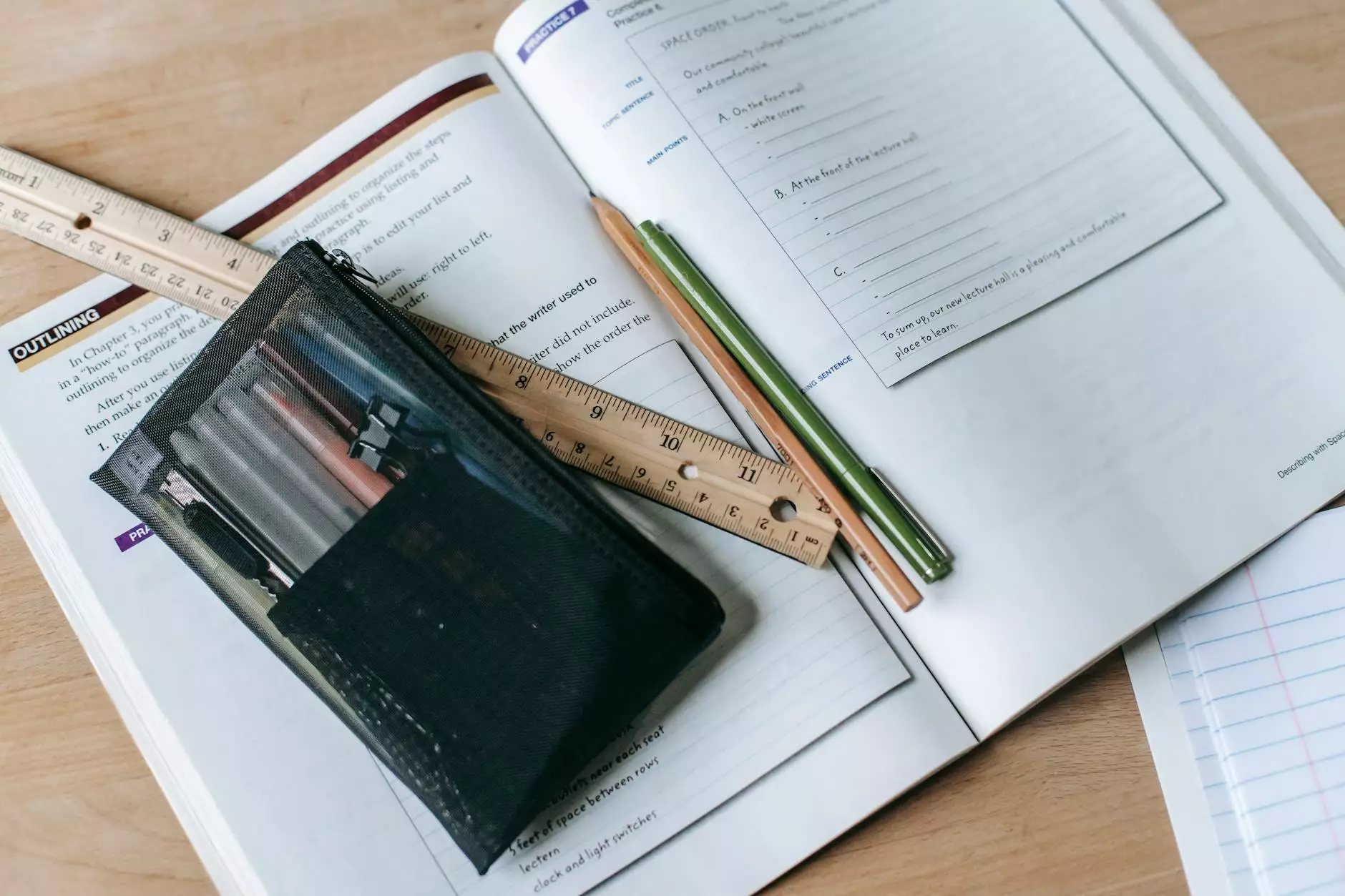How to Discover if Your Site Has Been Penalized by Google
SEO Consultant
Introduction
Welcome to Raw Codex, your trusted source for web hosting and domain name services in the Computers Electronics and Technology category. In this article, we will guide you through the process of determining if your website has been penalized by Google and provide you with actionable steps to recover its search rankings.
Understanding Google Penalties
Google, being the most popular search engine, constantly updates its algorithms to ensure the highest quality of search results. These updates, such as Google Penguin and Google Panda, aim to penalize websites that violate their guidelines and engage in manipulative practices to boost search rankings.
Types of Google Penalties
There are two main types of Google penalties:
- Manual Penalties: These penalties are implemented by Google's manual review team when they identify significant violations of their guidelines. Manual penalties can have a severe impact on your website's search rankings and require manual intervention to resolve.
- Algorithmic Penalties: Algorithmic penalties are imposed automatically by Google's algorithms when they detect suspicious or manipulative activities on your website. Algorithmic penalties can be caused by factors such as keyword stuffing, low-quality backlinks, and duplicate content.
Determining If Your Site Has Been Penalized
Identifying whether your site has been penalized by Google requires careful analysis of various factors. Here are some steps you can take to determine if your website has been affected:
1. Check for Manual Actions
Visit your Google Search Console account to look for any manual actions taken against your website. Google Search Console provides valuable information about the health of your website and any potential manual penalties imposed by Google.
2. Analyze Traffic Drops
Monitor your website's traffic using Google Analytics or any other web analytics tool. Sudden drops in organic search traffic can be an indication that your site has been penalized.
3. Review Search Engine Result Pages (SERPs)
Conduct a manual search on Google for your website's targeted keywords. If you notice a significant drop in rankings or if your site has completely disappeared from the search results, it may indicate a penalty.
4. Examine Backlink Profile
Analyze your website's backlink profile using tools like Moz or Ahrefs. Unnatural or spammy backlinks can trigger Google penalties. Look for low-quality or irrelevant backlinks pointing to your site.
Recovering from Google Penalties
If you have determined that your site has indeed been penalized by Google, don't panic! Take the following steps to recover your search rankings:
1. Identify the Reason for the Penalty
Understanding the cause of the penalty is crucial for a successful recovery. Determine whether the penalty is manual or algorithmic, and analyze your website's content, backlinks, and technical aspects to pinpoint potential issues.
2. Fix All Violations
Address all violations identified during your analysis. Remove or disavow spammy backlinks, eliminate duplicate content, and ensure your website complies with Google's guidelines.
3. Submit a Reconsideration Request
If your website received a manual penalty, submit a reconsideration request through Google Search Console after addressing all violations. Provide a detailed explanation of the actions taken to rectify the issues.
4. Improve Content and User Experience
Create high-quality, unique, and engaging content that provides value to your visitors. Optimize your website's loading speed, mobile-friendliness, and overall user experience to improve its search visibility.
5. Build High-Quality Backlinks
Focus on acquiring natural and relevant backlinks from reputable websites. Engage in ethical link building practices such as guest blogging, content outreach, and participating in industry-specific communities.
6. Monitor and Adapt
Continue monitoring your website's performance, traffic, and rankings after the recovery process. Make necessary adjustments and stay up-to-date with Google's guidelines to avoid future penalties.
Conclusion
Recovering from a Google penalty requires patience, diligence, and a commitment to following best practices. By understanding the nature of penalties, actively monitoring your website, and taking timely remedial measures, you can successfully regain your website's search rankings and drive organic traffic. Remember, at Raw Codex, we are here to provide you with the best web hosting and domain name services to support your online presence.










